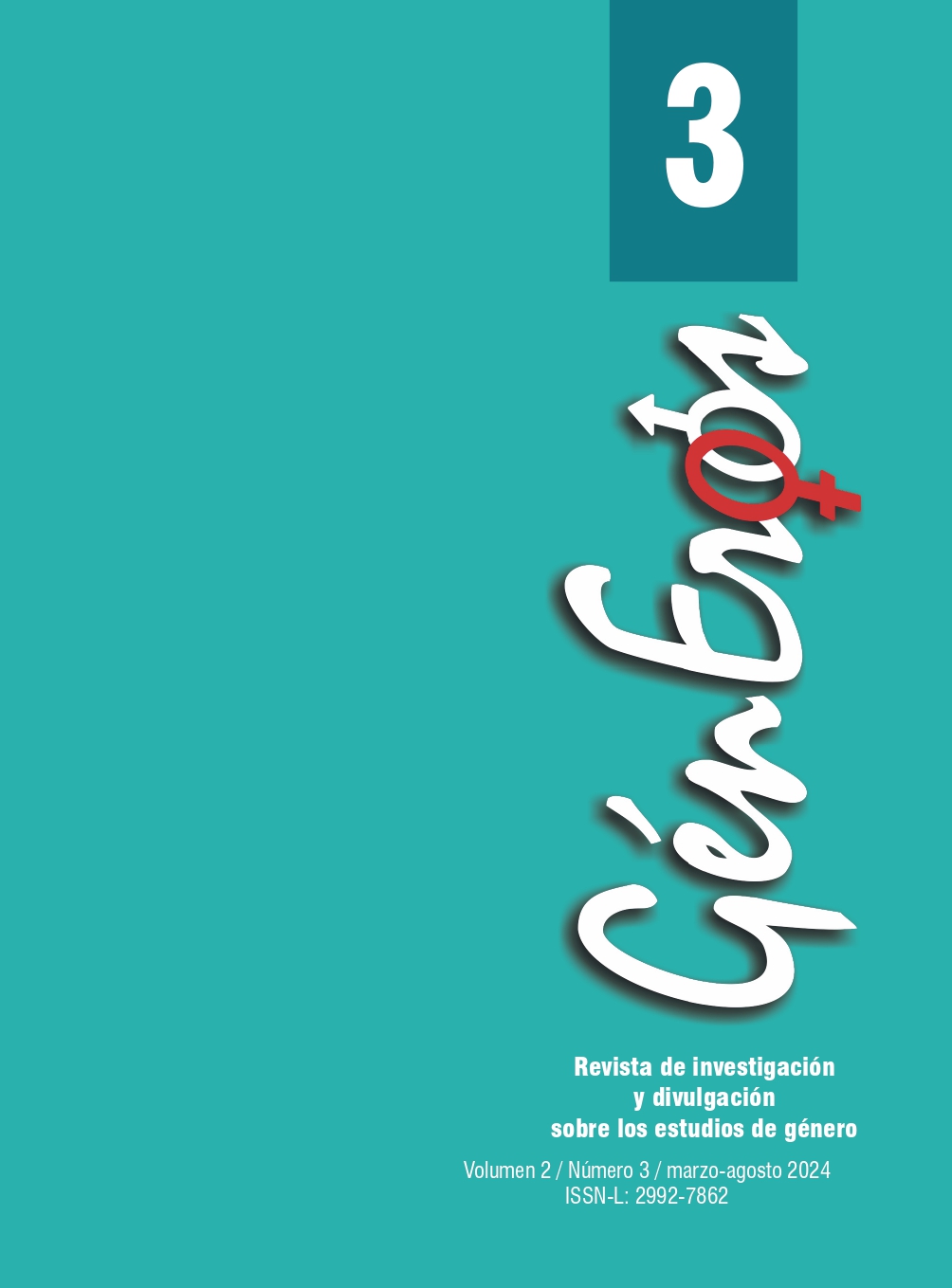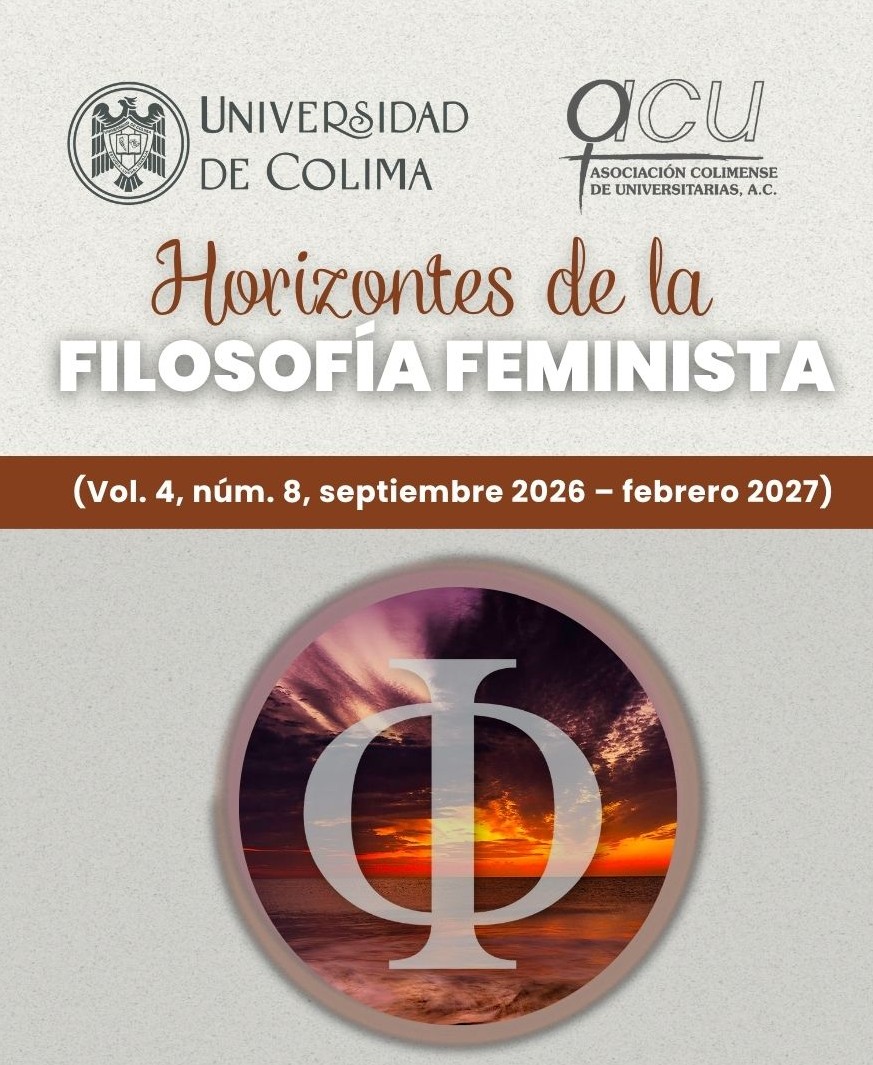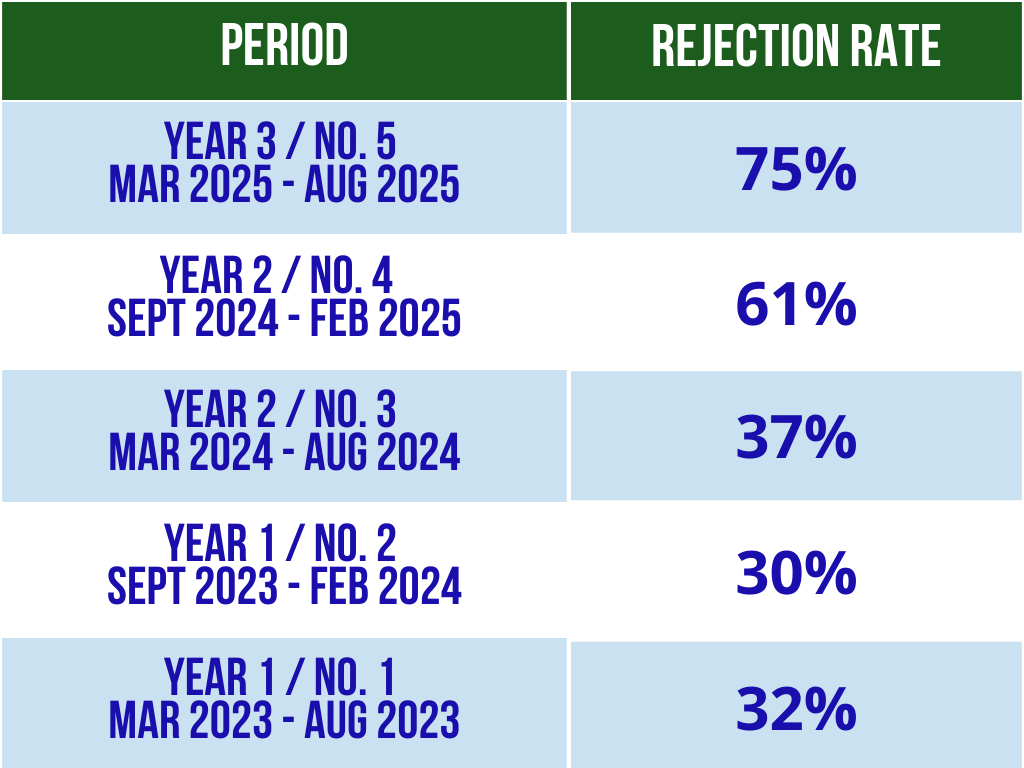Emotional experiences of migration: Itineraries of Cuban women in transit through Mexico
DOI:
https://doi.org/10.53897/RevGenEr.2024.03.06Keywords:
experiencies, emotions, women, migratory itineraries, life storiesAbstract
Cuban migration through third countries and Mexico as the last border to reach the United States intensified since 2015. The US immigration policy until 2022 favored the crossing of Cubans through border fences, motivating the long migratory trajectories of Cuban women who did not want to jump into the sea. From a feminist approach and with a qualitative approach, in-depth interviews were carried out to analyze the life stories of the women about their migratory transits from their departure from Cuba to their arrival in Mexico. Based on the construction of three migratory itineraries of Cuban women, we analyze the emotional dimension of their migratory experiences. The main results address uncertainty as the arti-culating axis of the set of emotions that are embodied in the experience of Cuban women during the migratory transit. The involuntary stay constitutes an emotional and bodily challenge for the women; the immobility of their expectations and their goals manifests within their bodies, constraining them to thoughts of sadness and uncertainty. In turn, they use their capital to face such circumstances; many are the strategies they use to generate hope and feel better: the constant search for alternatives; gathering inspiration from success stories, and the determination not to return drives them emotionally and physically to continue fighting against uncertainty.Downloads
Metrics
References
Ahmed, S. (1999). Home and away: Narratives of migration and estrangement. International Journal of Cultural Studies, 2(3): 329-347. DOI: https://doi.org/10.1177/136787799900200303
Alcoff, L. M. (2000). Phenomenology, Post-structuralism, and Feminist Theory on the Concept of Experience. En: L. Fisher y L. Embree (Eds.). Feminist Phenomenology(pp. 39-56). Springer Netherlands. DOI: https://doi.org/10.1007/978-94-015-9488-2_3
Ariza, M. (2017). Vergüenza, orgullo y humillación: Contrapuntos emocionales en la experiencia de la migración laboral femenina. Estudios sociológicos, 35(103): 65-89. DOI: https://doi.org/10.24201/es.2017v35n103.1510
Ariza, M. (Coord.) (2016). Emociones, afectos y sociología. Diálogos desde la investigación social y la interdisciplina. Instituto de Investigaciones Sociales-Universidad Nacional Autónoma de México.
Atkinson, R. (1998). The Life Story Interview. Sage Publications.DOI: https://doi.org/10.4135/9781412986205
Barbalet, J. (2001). Emotion, Social Theory, and Social Structure: A Macrosociological Approach. Cambridge University Press.
Bertaux, D. (1997). Los relatos de vida: Perspectiva etnosociológica. Ediciones Bellaterra.
Bertaux, D. (2011). El enfoque biográfico: Su validez metodológica, sus potencialidades. Acta Sociológica, 56, DOI: https://doi.org/10.22201/fcpys.24484938e.2011.56.29458
Blazquez Graf, N.; Flores, F. y Ríos, M. (Comps.) (2012). Investigación feminista. Epistemología, metodología y representaciones sociales. CEIICH/UNAM.
Casaña, Á. (2003). Apuntes para un balance de los estudios sobre la emigración cubana realizados por autores cubanos. Centro de Estudios de Migraciones Internacionales. https://biblioteca-repositorio.clacso.edu.ar/handle/CLACSO/5466
Castañeda, M. (2019). Perspectivas y aportes de la investigación feminista a la emancipación. Universidad del País Vasco/Euskal Herriko Unibertsitatea.
Crenshaw, K. (1991). Mapping the Margins: Intersectionality, Identity Politics, and Violence against Women of Color. Stanford Law Review, 43(6): 1241-1299. DOI: https://doi.org/10.2307/1229039
Denzin, N. K. (1985). Emotion as Lived Experience. Symbolic Interaction, 8(2): 223-240. DOI: https://doi.org/10.1525/si.1985.8.2.223
Denzin, N. (1989). Interpretive Interactionism. SAGE. https://doi.org/10.4135/9781412984584
Esteban, M. (2004). Itinerarios corporales. Género, itinerarios corporales, identidad y cambio. Ediciones Bellaterra.
Geertz, C. (2006). La interpretación de las culturas. Gedisa.
Gherlone, L. (2022). ¡Migremos! Emociones y migraciones en un mundo imago-cén-trico: Un estado del arte. En: L. Anapios y C. Hammerschmidt, Política, afectos e identidades en América Latina (pp. 359-460). CLACSO.https://repositorio.uca.edu.ar/handle/123456789/13880
Haraway, D. (1995). Ciencia, cyborgs y mujeres: La reinvención de la naturaleza. Ediciones Cátedra.
Kemper, T. D. (1978). Toward a Sociology of Emotions: Some Problems and Some Solutions. The American Sociologist, 13(1): 30-41.
Kemper, T. D. (Ed.). (1990). Research Agendas in the Sociology of Emotions. State University of New York Press.
Kornblit, A. (2007). Historia y relatos de vida: Una herramienta clave en metodologías cualitativas. En: A. Kornblit, Metodologías cualitativas en ciencias sociales (pp. 9-33). Editorial Biblos.
Kruks, S. (2014). Women’s ‘Lived Experience’: Feminism and Phenomenology from Simone de Beauvoir to the Present. En: M. Evans, C. Hemmings, M. Henry, H. Johnstone, S. Madhok, A. Plomien y S. Wearing (Eds.), The SAGE Handbook of Feminist Theory (pp. 75-92). SAGE.
Martínez, B. (2014). Cartografías en tránsito: Mapas orales y memoria social en El Cajón (Catamarca, Argentina). Runa, 35(1): 77-91.
Mallimaci, F. y Giménez, V. (2006). Historias de vida y métodos biográficos. En: I. Vasilachis de Gialdino, Estrategias de investigación cualitativa (pp. 175-212). Gedisa.
Meccia, E. (2019). Biografías y sociedad: Métodos y perspectivas. Ediciones UNL.
Moreno, G. (2018). Migración indocumentada en Centroamérica: Políticas migratorias de los países de tránsito hacia los cubanos tras el restablecimiento de las relaciones entre Cuba y Estados Unidos. COLMEX, Centro de Estudios Regionales. https://colmex.userservices.exlibrisgroup.com/view/delivery/52COLMEX_INST/1284561090002716
Parella, S. (2017). Los desafíos del estudio de las movilidades femeninas desde una perspectiva de género y de la interseccionalidad. En: M. Guerra, N. Pérez y G. Roldan. Las odiseas de Penélope. Feminización de las migraciones y derechos humanos (pp. 73-114). UNAM.
Parrini-Roses, R. y Flores-Pérez, E. (2018). El mapa son los otros: Narrativas del viaje de migrantes centroamericanos en la frontera sur de México. Íconos. Revista de Ciencias Sociales, 61: 71-90. DOI: https://doi.org/10.17141/iconos.61.2018.3013
Pedone, C. (2002). El potencial del análisis de las cadenas y redes migratorias en las migraciones internacionales contemporáneas. En: J. García y C.A. Muriel, La inmigración en España: Contextos y alternativas (pp. 223-235). Volumen II. Ponencias del III Congreso sobre la inmigración en España. Laboratorio de Estudios Interculturales. https://digibug.ugr.es/handle/10481/34474
Plummer, K. (1983). Documents of Life: An Introduction to the Problems and Literature of a Humanistic Method. Unwin Hyman.
Ramírez, D. (2017). Mujeres migrantes en la frontera sur de México: Aproximaciones desde la interseccionalidad. UNICACH. https://doi.org/10.29043/CESMECA.rep.876
Ramos, Y. (2021). Para atrás ni para coger impulso: Experiencias migratorias de mujeres cubanas en tránsito por México. Tesis de doctorado. Universidad Autónoma de Baja California.
Sautu, R. (1999). Recuerdos de infancia: Cómo se entrena a las niñas en el servicio doméstico. En: R. Sautu, El método biográfico. La reconstrucción de la sociedad a partir del testimonio de los actores (pp. 101-120). Editorial Belgrano.
Scott, J. W. (2001). Experiencia. Revista de Estudios de Género, La Ventana, 2(13). ISSN: 2448-7724. DOI: https://revistalaventana.cucsh.udg.mx/index.php/LV/article/view/551
Villaseñor, B. y Moreno, J. (2006). Las mujeres en la migración. Testimonios, realidades y denuncias. Centro de Reintegración Familiar de Menores Migrantes A.C.
Published
How to Cite
Issue
Section
License
Copyright (c) 2024 Yalili Ramos Delgado, Susana Gutiérrez Portillo

This work is licensed under a Creative Commons Attribution-NonCommercial-ShareAlike 4.0 International License.
GénEroos Magazine allows you to share, copy and redistribute the material in any medium or format; adapt, remix, transform and build upon the material, crediting the work appropriately and providing a link to the licence, indicating if changes have been made.












